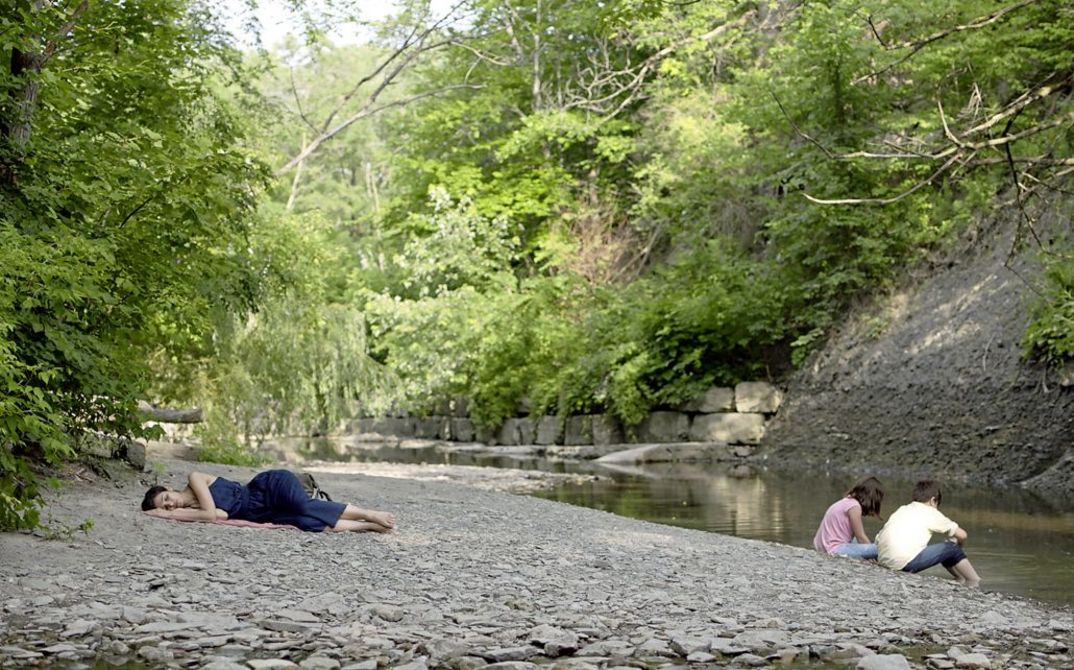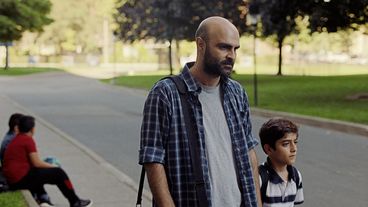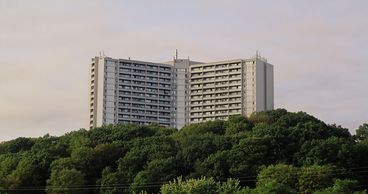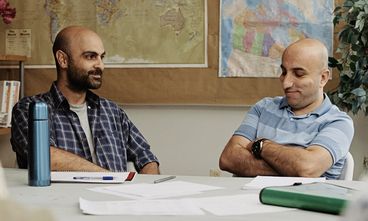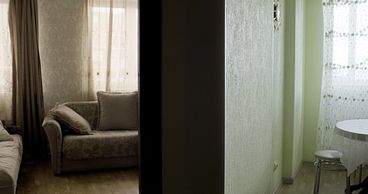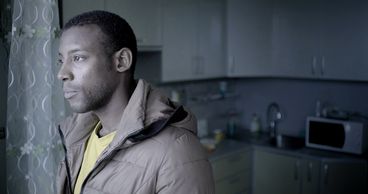The tragedy of the immigrant is that time is never on their side—either it is running out, demanding escape, or it is moving too slowly, the prospect of a future disappearing ever-farther into the horizon. The cinema that traces the condition of displacement also tends along these two axes. Some films mimic the dire tenor of news with images of intrepid immigrants racing against the clock—scrambling to board planes, crossing choppy waters on precarious boats, trudging through unforgiving deserts—while other movies dwell in the aftermath of these odysseys, when those same frantic journeyers often find themselves in stifling limbo, waiting for paperwork, for jobs, for messages from loved ones, for a sense of home. This latter category is by no means novel; films from Charlie Chaplin’s THE IMMIGRANT (1917) to Med Hondo’s SOLEIL O (1967) to Christian Petzold’s TRANSIT (2018) have offered different riffs on the temporal suspension of the newly arrived immigrant. But the particular temporal ironies of modern-day immigration—where technologies of rapid communication and circulation coexist with systems of delay, detention and destitution—have spawned a new wave of bold, empathetic experiments in film form.
"One might call these films examples of 'distended cinema,' where time stretches out of sync with any one world in order to beget a third instead."
Many such temporally inventive works have screened recently at the Berlinale Forum: Phillip Scheffner’s EUROPE (2022) turned to docufiction to render the precarious present of the immigrant as a form of invisibility, while Susana Nobre’s JACK’S RIDE (2021) employed the same hybrid mode to explore how memories of another place and time can structure the here and now; in CETTE MAISON (2022), Miryam Charles staged a kind of séance between generations of her migrant family to contemplate futures that never came to pass. In this year’s Forum lineup, three films explore how the disjunctive time experienced by immigrants can open up a new space—a heterotopia, if you will—that, though estranging, also holds radical potential for reimagining our bordered realities. The scholar Hamid Naficy describes works by exiled or diasporic filmmakers as “accented cinema,” or cinema that dwells simultaneously in two worlds. One might call these films examples of “distended cinema,” where time stretches out of sync with any one world in order to beget a third instead.
